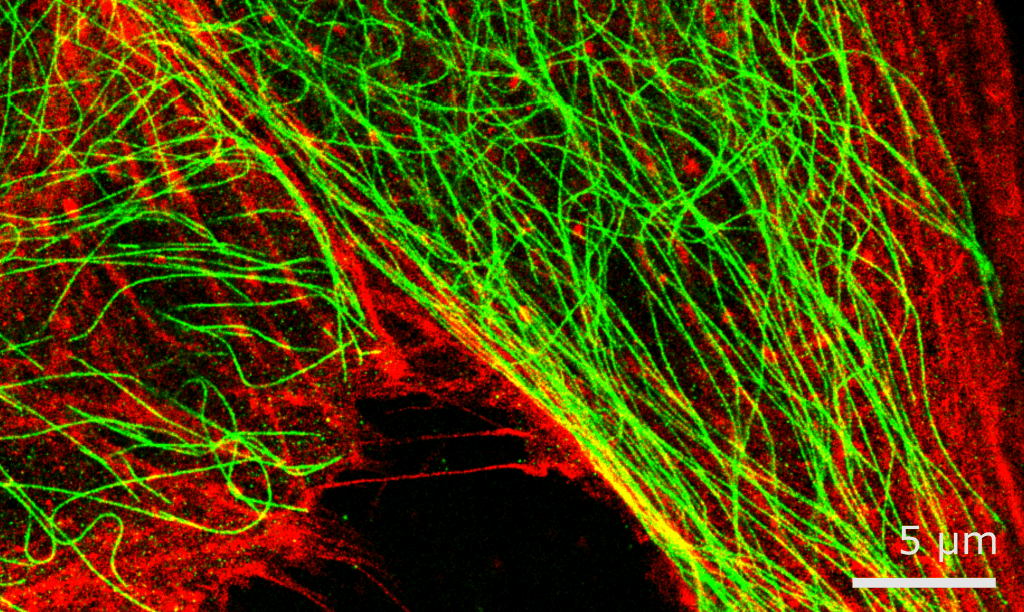AXT are proud to announce that they have recently been appointed the exclusive Australian and New Zealand distributor for Oxford Nanoimaging (ONI). ONI is a UK-based company that has commercialised the “Nanoimager” a revolutionary super-resolution fluorescence microscope capable of single molecule imaging.

The technology was borne out of ground-breaking research carried out by world leading single-molecule FRET researcher Professor Achillefs Kapanidis and his team at the University of Oxford. The work of Oxford Nanoimaging has resulted in the Nanoimager, an elegant, yet robust bespoke platform that both simplifies and increases the efficiency of fluorescence imaging, providing levels of detail not previously possible. This provides researchers with new information about the ultrastructure of cells and the interactions and dynamics of single molecules.
The Nanoimager opens up new areas of research in biology, streamlining the development of novel assays and sensors. It offers established single molecule localisation microscopy methods such as d-STORM and PALM which are capable of imaging at high temporal resolution enabling you to capture super-resolution images that routinely demonstrate sub 20nm resolution. These will be invaluable to researchers working in areas such as cell biology, protein assemblies, epigenetic mapping, exosomes and micro-vesicles, with many more sure to benefit.
The simple, yet well thought out design eliminates the need for optical benches and vibration damping and allows the system to be placed into any laboratory setting. The resultant compact size and desktop form factor enables the Nanoimager to have minimal drift and offers a new benchmark in stability and performance. The optimised closed microscope design also reduces maintenance, while providing high throughput levels and an unprecedented level of automation.
Richard Trett, AXT’s Managing Director said, “we are thrilled to be able to bring another unique analytical instrument to Australia and introduce it to our life science and medical researchers. If early feedback is anything to go by, the Nanoimager has a bright future in our research community.” Andrew Malloy, CEO of Oxford Nanoimaging similarly remarked, “The true potential of the Nanoimager has yet to be exploited. We are excited to work with AXT and world-leading Australian researchers to find new applications and to help them generate new understandings of biological systems.”
The addition of the Oxford Nanoimaging Nanoimager further strengthens AXT’s life science product portfolio which includes other disruptive tools for light microscopy, protein formulation and characterisation equipment, automated liquid handling, biobanking, cytometry, preclinical imaging and sample preparation.
